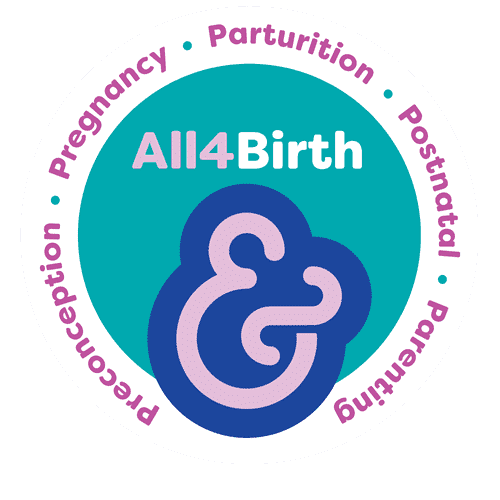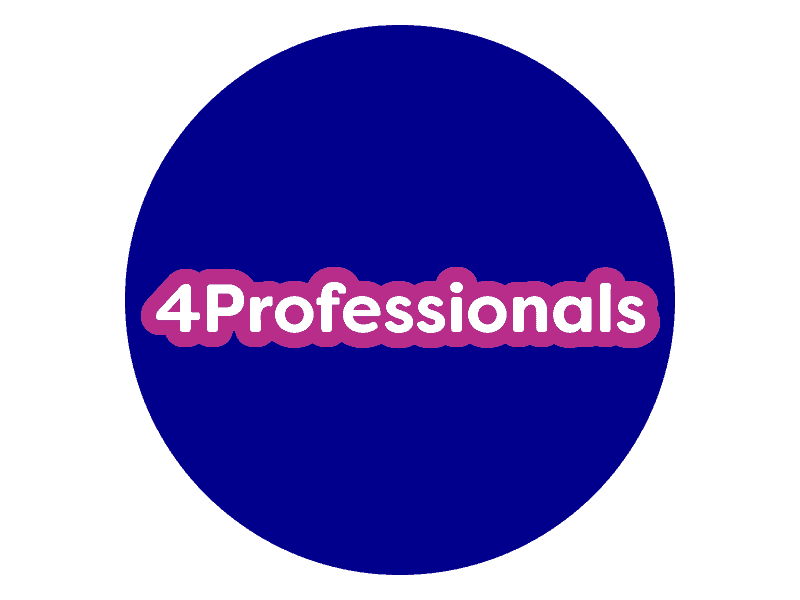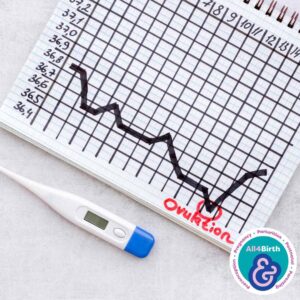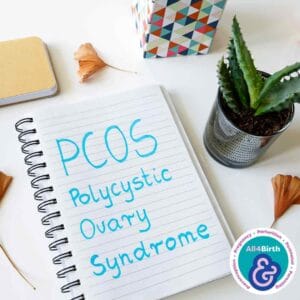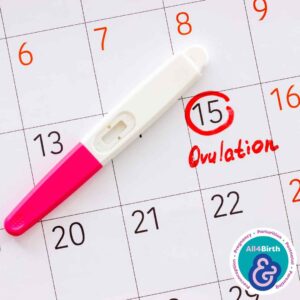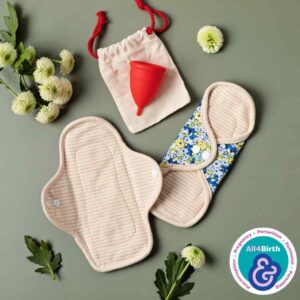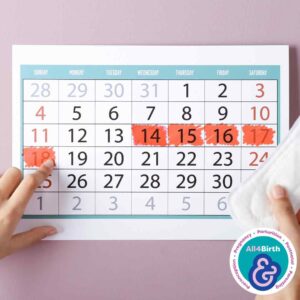Sheena Byrom
Midwife and Director, All4Maternity
@sheena_byrom
Why Nutrition Matters in Pregnancy
When you’re pregnant, eating well is one of the best things you can do for your baby and for yourself. A healthy, balanced and culturally appropriate diet supports your wellbeing and helps your baby grow strong and healthy. It can also lower your risk of problems like gestational diabetes, anaemia, or a low-birth-weight baby. National guidelines recommend that all pregnant women and people receive clear and caring guidance on nutrition. But with the rising cost of food, many expectant families are finding it harder to eat healthily. You’re not alone—over 1 in 4 UK households with babies and toddlers are now living with food insecurity. That’s why it’s important to know what you need, and how to get support if you need it.
What Should I Eat While I’m Pregnant?
During your pregnancy and after the birth too, it’s good to enjoy the foods that feel familiar and meaningful to you and your cultural whilst remembering to eat well and stay healthy. Good nutrition doesn’t have to mean expensive ingredients.
Key nutrition advice during pregnancy includes:
- Balanced meals – Include whole grains, fruits, vegetables, lean proteins, and dairy or alternatives
- Folic acid – Take a daily supplement (400mcg) before conception and during the first trimester
- Vitamin D – Supplementation (10mcg daily) helps maintain bone and skeletal health
- Iron-rich foods – Support energy and reduce risk of anaemia
- Foods to avoid – Ultra-processed foods, raw/undercooked meat, unpasteurised cheeses, high-mercury fish
Your midwife can help tailor nutritional guidance to your cultural, economic, and medical needs—including support for nausea, heartburn, and any food aversions.
Worried About the Cost of Eating Well?
Pregnancy can be a challenging time, especially if you’re worried about accessing enough food for yourself or your family. If you’re facing financial difficulties, you might be more likely to experience food insecurity — but support is available, and you deserve to feel nourished and cared for.
Here’s how your midwife and maternity team can support you:
- Talk to them: It’s okay to share if you’re having trouble affording food or eating regular meals.
- They can connect you with help: From local food banks and community kitchens to Healthy Start scheme and Tommy’s website (see contacts below) there are resources that can make things a little easier.
- Looking for affordable meals? Look online for simple, nutritious, low-cost options that fit your lifestyle and cultural preferences.
- Want to meet others or learn more? Some areas offer free cooking sessions or support groups where you can share meals, skills, and friendship.
Feeling Tired? Let’s Talk About Iron
Iron deficiency is the most common micronutrient deficiency during pregnancy, affecting nearly 47% of pregnant people in the UK.
🔴 Increased risk of iron deficiency anaemia (IDA) – affecting up to 60% of people with HMB
🔴 Physical symptoms – breathlessness, fatigue, paleness
🔴 Emotional & social impact – anxiety, missed work or school, disrupted daily life
🔴 Higher risk during pregnancy – people with pre-pregnancy IDA may have complications
🩸 Looking After Your Iron Levels in Pregnancy
Iron is essential during pregnancy — not just for your baby’s development, but for your energy, focus, and overall wellbeing. You’ll be offered blood tests early in pregnancy (booking appointment) and again around 28 weeks to check your iron levels and make sure you’re not becoming anaemic.
🩸 Know the Signs of Low Iron
Be aware of symptoms such as:
- Tiredness that doesn’t go away with rest
- Feeling breathless easily
- Looking pale
- Frequent headaches
If you’re noticing these, speak to your midwife or GP — they may be linked to iron deficiency.
🩸 Boosting Iron Through Diet
Start by including iron-rich foods in your meals, such as:
- Leafy green vegetables (like spinach, kale)
- Lentils and beans
- Red meat and eggs (if part of your diet)
- Pairing these with vitamin C (like fruit or juice) helps your body absorb the iron better.
🩸 Supplements When Needed
If diet alone isn’t enough, you may be prescribed iron tablets. Some people find they cause upset stomach — but don’t worry, there are gentler, low dose options available. It helps to talk early on about potential side effects. That way, you and your midwife can find a routine that works for you and keeps things manageable.
Your Pregnancy Nutrition Checklist
- Talk to your midwife or healthcare provider about your diet
- Take recommended supplements like folic acid and vitamin D
- Don’t hesitate to ask for help if food affordability is a challenge
- Monitor how you feel — fatigue or dizziness could signal low iron
- Know where to get support — ask about community food resources
Conclusion
Taking care of your iron levels is a simple but powerful way to stay strong and support your growing baby. If you have any questions or worries, your maternity team is there to help.
Want to learn more? Browse All4Birth for expert insights, support, and guidance.
This fact sheet has been developed using the Topic Highlight from All4Maternity.com published in The Practising Midwife journal July 2025 Issue (DOI: https://doi.org/10.55975/LVNZ5645) and using generative AI to adapt the content for a family-focused fact sheet.
Links to other resources
 Books
Books
Real Food for Pregnancy by Lily Nichols, RDN
An in-depth, science-backed guide to ‘real food’ prenatal nutrition covering macro‑ and micronutrients, gestational diabetes, and whole-food recipes. Frequently recommended in professional circles
Nutrition in Pregnancy and Childbirth: Food for Thought by Lorna Davies and Ruth Deery
Explores nutritional needs alongside the psychosocial and cultural context of food for pregnant women
The Whole 9 Months: A Week‑By‑Week Pregnancy Nutrition Guide by Jennifer Lang MD & Dana Angelo White
A structured, trimester-by-trimester format with recipes, shopping tips, and pregnancy-specific dietary guidance. Praised as a clear and user-friendly ‘nutritional companion’ for expectant women
What to Eat When You’re Pregnant by Nicole M. Avena, PhD
Neuroscience-informed advice with 50 recipes, focusing on nutrients that support baby’s development and maternal wellbeing throughout pregnancy and breastfeeding
 Websites and Guidelines
Websites and Guidelines
- First Steps Nutrition – independent public health charity
- Have a healthy diet in pregnancy – NHS advice
- Tommy’s – Eating well in pregnancy
- NHS Start for Life – includes nutrition in pregnancy
- Healthy Start – scheme for free access to food
- Iron Deficiency UK – patient support and information
- Race Equality Foundation – healthy eating in UK minority ethnic households- discusses designing interventions that build on positive cultural food practices in family and community contexts
